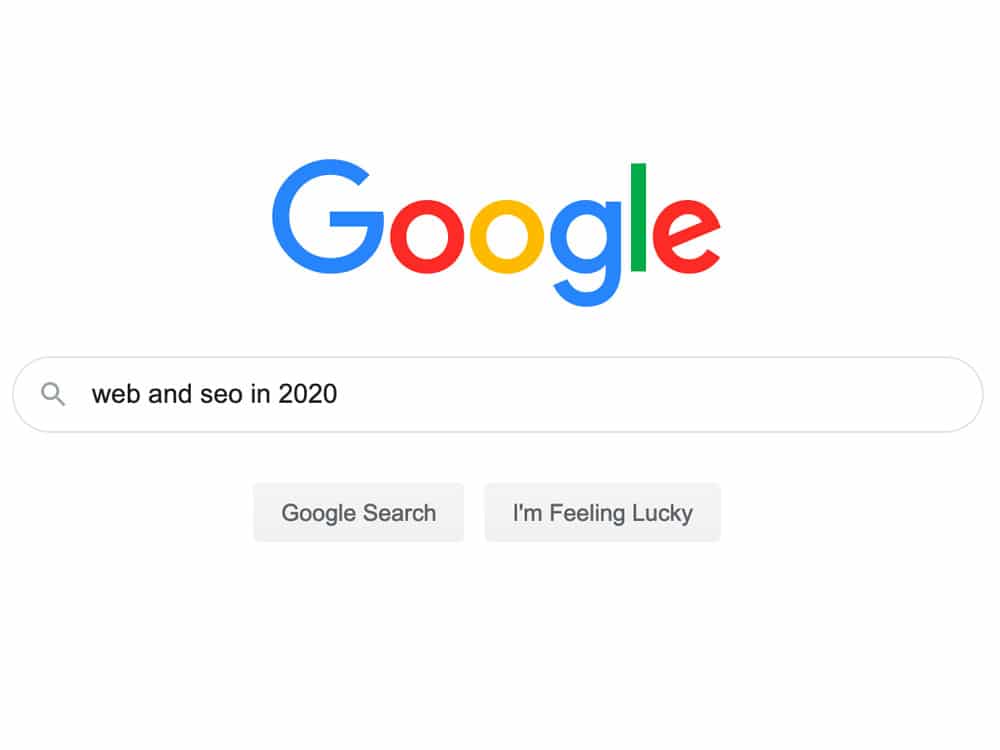Buying and Registering a Domain Name
When a customer approaches me about a website, they often haven’t the first clue about domain names and ask me to sort it out for them. That’s fine, it’s all part of the service, but I think it is important to make customers aware of how domain name ownership works.
Ideally, you shouldn’t leave domain name registration in the hands of your web designer, no matter how trustworthy they seem. However, I do understand that it’s not the most straightforward thing to do when you don’t know how. If you DO ask your web designer to register your domain, it is important that you make sure they register it in your name (personal and/or business name) and get this written into your contract with them.
So, I thought I’d write this article to help anyone that is thinking about registering a domain, or may have already registered a domain, to ensure you at least know the basics.
Choosing between .com or .co.uk?
You might be wondering what the difference is. Well, to keep it simple, there isn’t a major difference, but as a rule I would say go for the one that is most relevant to your target audience/market. If you are targeting the UK, go for .co.uk. If you are going worldwide, go for .com.
You’ve also got many other variations, such as .org, .uk.com and so on. Just do your research before deciding which to use, because for example, .org is really for charitable/not-for-profit organisations, not businesses.
My advice, to be on the safe side, would be to register AT LEAST both .co.uk and .com, but point your website to the one that is most relevant for your audience (just buy the other one so nobody else can).
Who to buy domains from?
Well, there are thousands of domain ‘registrars’ out there. The big ones you might have heard of include GoDaddy, 123-Reg, 1&1 and Easyspace, and they are all fairly similar.
However, I have always favoured 123-Reg.co.uk because a) they often offer the lowest prices and b) they have a good reputation and other people who I respect in this industry swear by them.
When making your decision, just speak to a web developer first and they should guide you.
Who is in charge?
There are various ‘governing bodies’ across the world when it comes to domains, these are called ccTLD Operators. The one most pertinent to us in the UK is Nominet, who look after anything ending in .uk (including .co.uk). Nominet appeared in 1996 and took over from an organisation called The Naming Committee, who could no longer cope with the demand for domains as the internet boomed.
Nominet are an independent, not-for-profit organisation who set the rules around domain registration, and look into disputes over domains, that kind of thing. You can find out more about Nominet on their Wikipedia page here.
What makes a good domain name?
This is a matter of opinion, but for me…
- it needs to be as short as possible, for people who access your website ‘direct’ rather than through Google. The longer it is, the more chance of spelling mistakes.
- it should sound professional, don’t make yourself sound daft.
- it should ideally contain keywords (says him who chose gowiththetimes.co.uk, which has nothing to do with my keywords!). It isn’t MEGA important, my site still ranks number one on Google for my main keywords, but ideally stick your keywords in there if you can.
- it should be catchy if possible.
So that’ll do for now, hopefully that helps a bit. If you have any questions about domain name registration, or if there’s anything important I’ve missed, let me know.
Cheers
Dan the Web Man
(now that would have been a good domain name)


